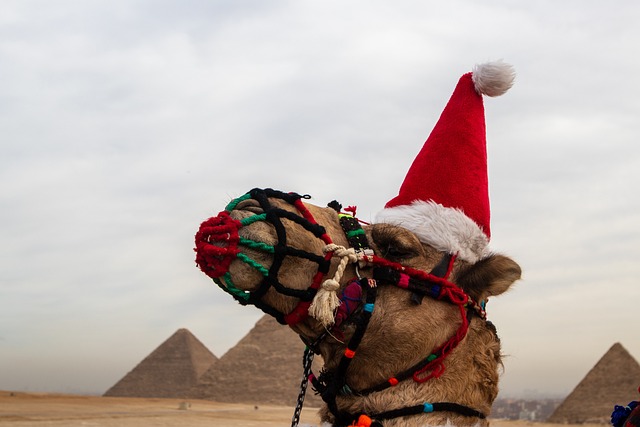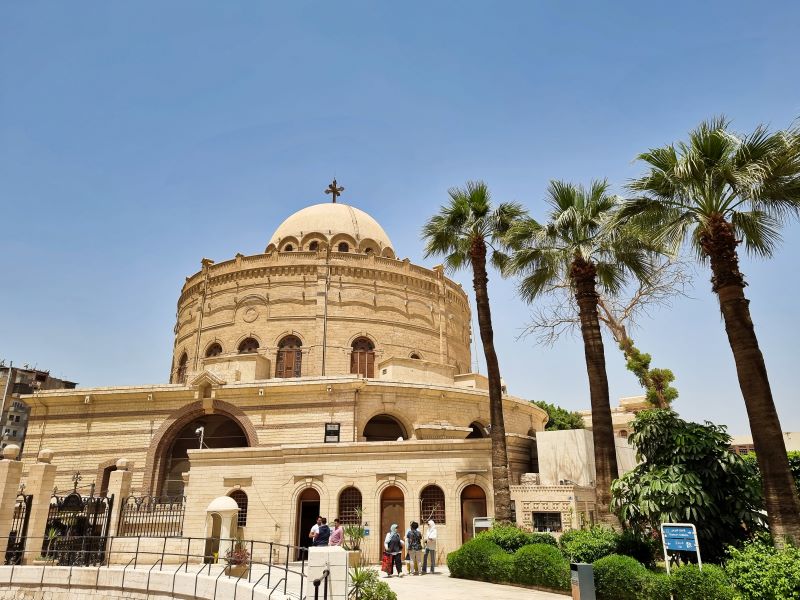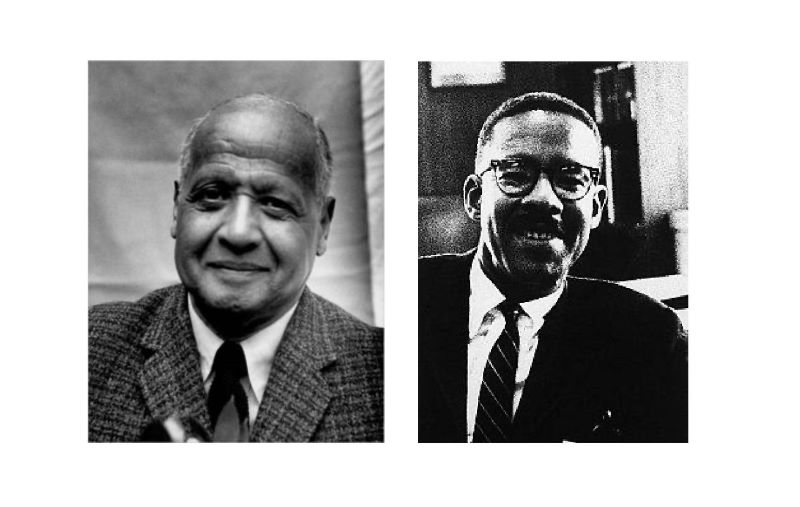When we think of Egypt we imagine the age of the Pharaohs, the famous pyramids, the prevalence of Hieroglyphics as a form of communication, the historical significance of the river Nile, and its critical role in the advancement of ancient Egyptian civilization. One aspect of Egyptian history that also deserves mentioning is the contributions of the Coptic Orthodox Church in the growth of Christianity and its popularization of Christmas in the land of the Pharaohs.
Christianity in Egypt is believed to have started in 42 AD when Mark the Evangelist, one of the four writers of the Gospel came to Egypt preaching the truth about Christ in the great city of Alexandria. During that period, the first Coptic Orthodox Church of Alexandria was likely built with Apostle Mark becoming the first Pope of Alexandria.
The Coptic Christians are probably the largest and most significant Christian population in Egypt. According to a publication by the BBC “The Coptic Church is one of the Oriental Orthodox Churches, a group which includes the Ethiopian Church, the Syrian Jacobite Church, the Syrian Church of India, and the Armenian Church. The Oriental Orthodox Group has around 60 million members worldwide.
At the end of the twentieth century, Egypt’s Copts were the largest Christian minority of any country in the Middle East; estimates ranged from 6 to 11 million; 6% (official estimate) to 20% (Church estimate) of the population, the majority living in the Upper Egyptian provincial capitals of Assiut and Minya, and in Cairo”.
The Coptic church has a unique liturgy that is rooted in the ancient Egyptian Coptic language and leverages the use of visual images, symbols, chants, and music with messages that focus on abstention from sin and all forms of indulgence as well as emphasizing the importance of virtuous living. It also offers special recognition to the veneration of the Blessed Virgin Mary, Saints, and Martyrs who had suffered persecution.
But unlike other Christian denominations that recognize and celebrate the birth of Christ Jesus on December 25 every year, Coptic Christians opt to celebrate what would be termed Coptic Christmas at the beginning part of the year, precisely on January 7.
The origins of this discrepancy date as far back as 325 AD when Christian Bishops in an attempt to recognize and track this important occasion in the Church’s history opted to use the Julian Calendar which had been adopted by the Roman Emperor Julius Ceasar in 46 BC.
However, with more advancement in science and astronomy, the Gregorian Calendar was adopted after it was created by Pope Gregory XII after whom the calendar was named to correct the inaccuracies in the Julian Calendar.
While the majority of the Christian world accepted and adopted the Gregorian Calendar, Orthodox Christian Churches disagreed with the position of the Papacy and stuck with the Julian Calendar creating a 13-day difference between the two respective dates.

Image by Squirrel_photos from Pixabay
For Coptic Christians, the day is recognized as a period of reverence that honors the birth of Jesus Christ. Before its celebration, devout Copts observe a 43-day fast before Christmas day. At the breaking of the fast, many refrain from eating meals associated with animal products and focus more on vegan meals.
For the Copts, they hold this ritual sacred believing it to be a form of purification, piety, self-control, and sacrifice to God by abstaining from the eating of meat.
Other activities before the preparation and celebration of the Coptic Christmas like decorating Christmas trees, and sharing family meals which provide opportunities for loved ones to reconnect with their faith and traditions as well as exchange of gifts all happen during this period.
For Copts, the nativity of Christ holds great significance especially as it was in Egypt the family of Jesus sought a haven from the edict of Herod to kill all male Children after the birth of Christ was brought to his attention.
Unlike the usual hustle and bustle as well as fanfare that is common in other places around the world during this period, the Copts believe this day to be sacred and have continued to abide by the sacred traditions which has gone a long way to also influence other Orthodox and Eastern Christian Traditions.

Okechukwu Nzeribe works with the Onitsha Chamber of Commerce, in Anambra State, Nigeria, and loves unveiling the richness of African cultures. okechukwu.onicima@gmail.com





